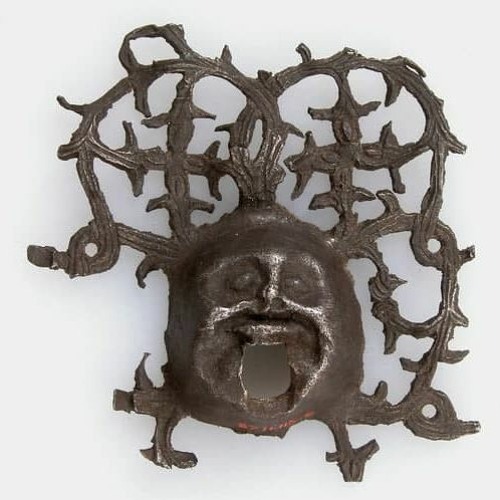

Since the German adjective may not only translate to "unspeakable, unutterable, ineffable", but also to "unpronouncable, tongue-twisting", the title might serve as a description of the names invented by Lovecraft.

Senf, against the opposition of Weird Tales editor Farnsworth Wright and writer E. However, Derleth was a German speaker, and the title was also supported by German-born Weird Tales illustrator C.C. The form Unaussprechlichen Kulten is the dative case, suggesting a full title of Von unaussprechlichen Kulten ("Of Unspeakable Cults", as it were de cultibus ineffabilibus) or similar or a dedication (i.e. Unaussprechliche Kulte would be the German for " unspeakable cults". Derleth and others in the Lovecraft circle subsequently used both the book and the author in their stories. Unaussprechlichen Kulten was Derleth's suggestion. Not being a German speaker, Lovecraft asked his protege August Derleth for a translation. Lovecraft gave it a German title more in keeping with the German name of the fictional author, von Junzt, when he started using it in stories set in the Cthulhu Mythos. It is not clear whether the book is a complete invention by Howard, or if he based it on an enhancement of a real book. Howard in his stories " The Children of the Night" and " The Black Stone" published in Weird Tales in 1931. The book was originally called Nameless Cults by Robert E. Like the Necronomicon, it was later mentioned in several stories by H. Howard's 1931 short stories " The Children of the Night" and " The Black Stone" as Nameless Cults. Unaussprechliche Kulte (also known as Nameless Cults or the Black Book) is a fictional book of arcane literature in the Cthulhu Mythos. For other uses, see Unaussprechliche Kulte (disambiguation).


 0 kommentar(er)
0 kommentar(er)
